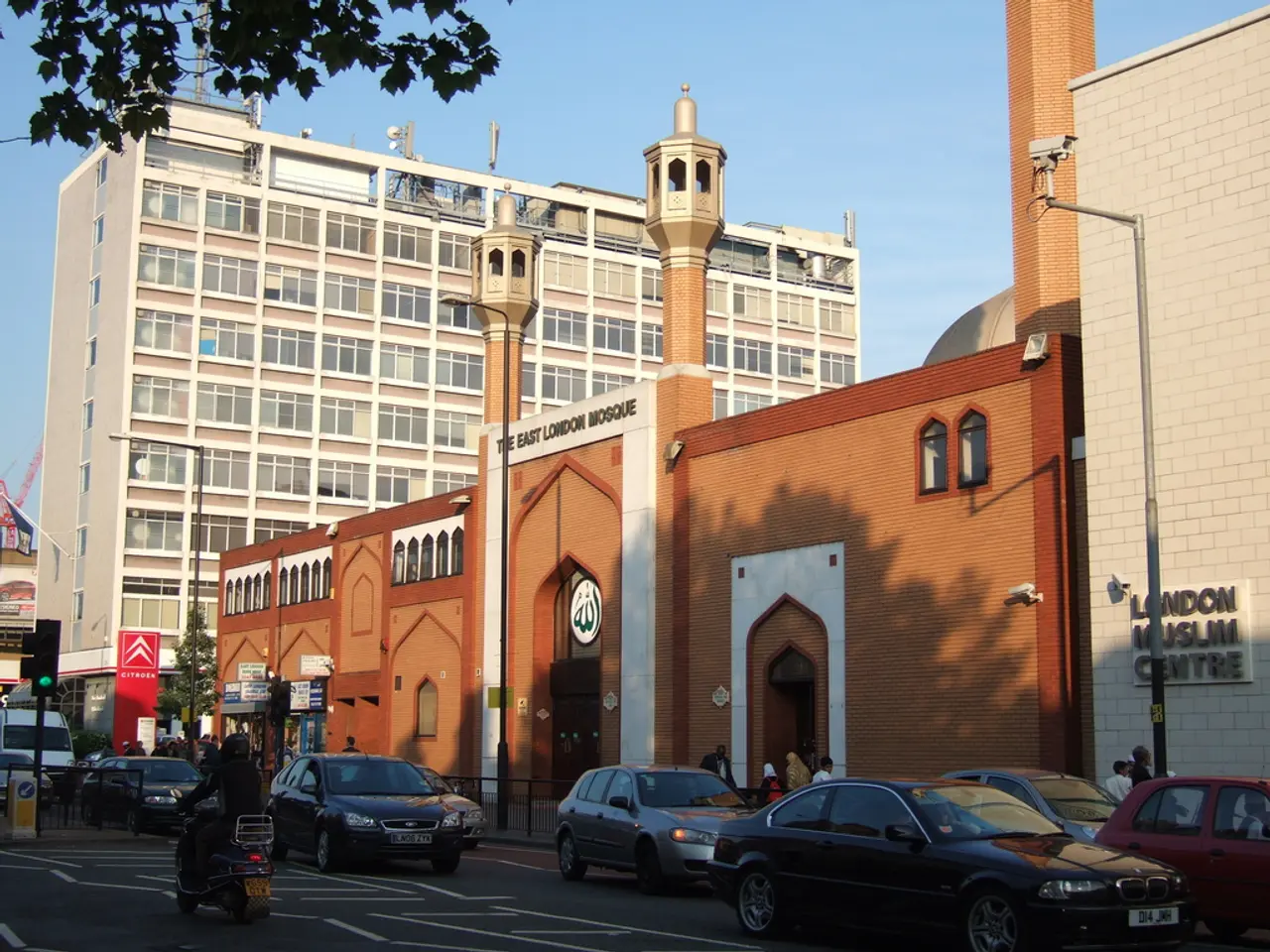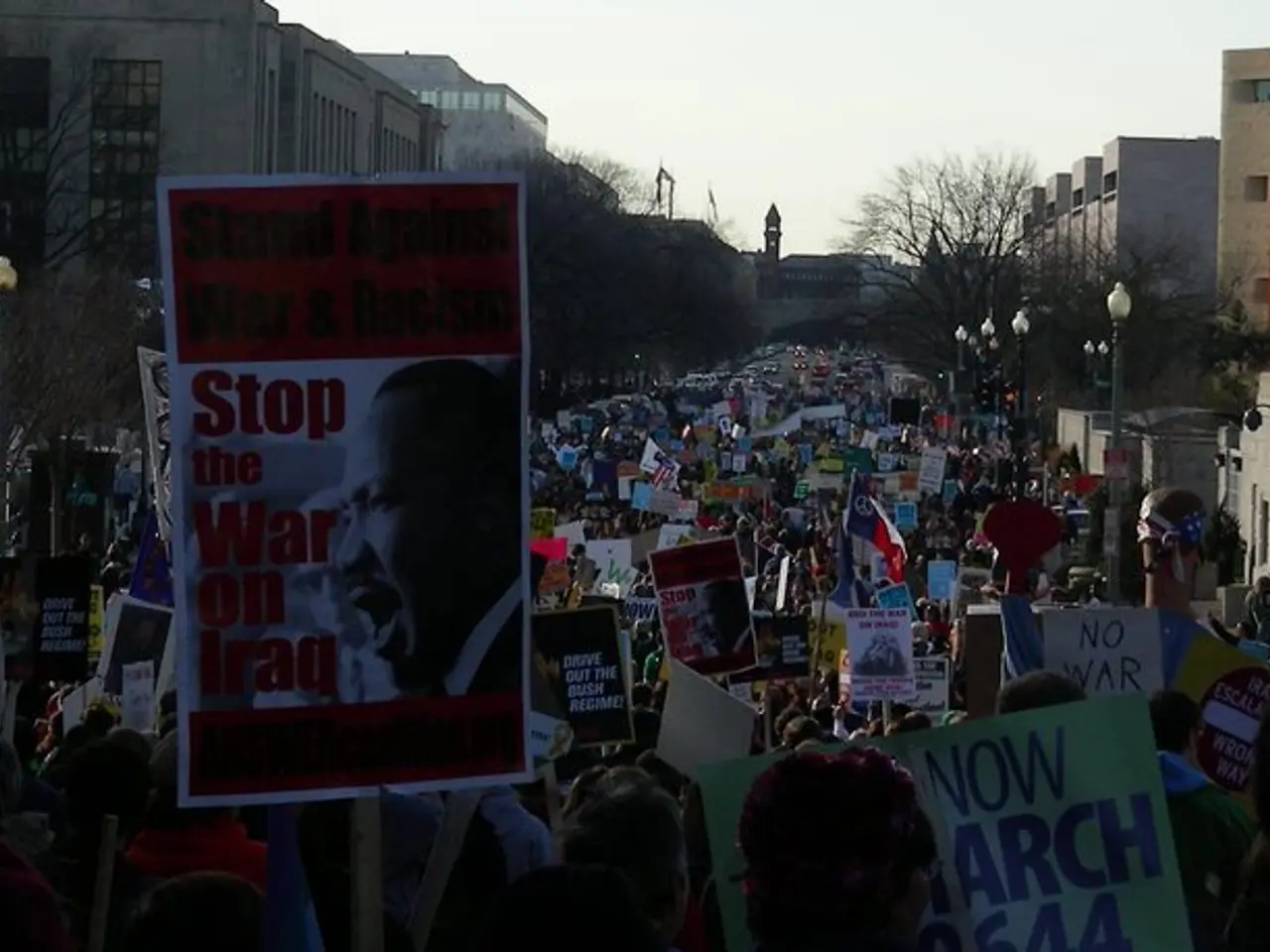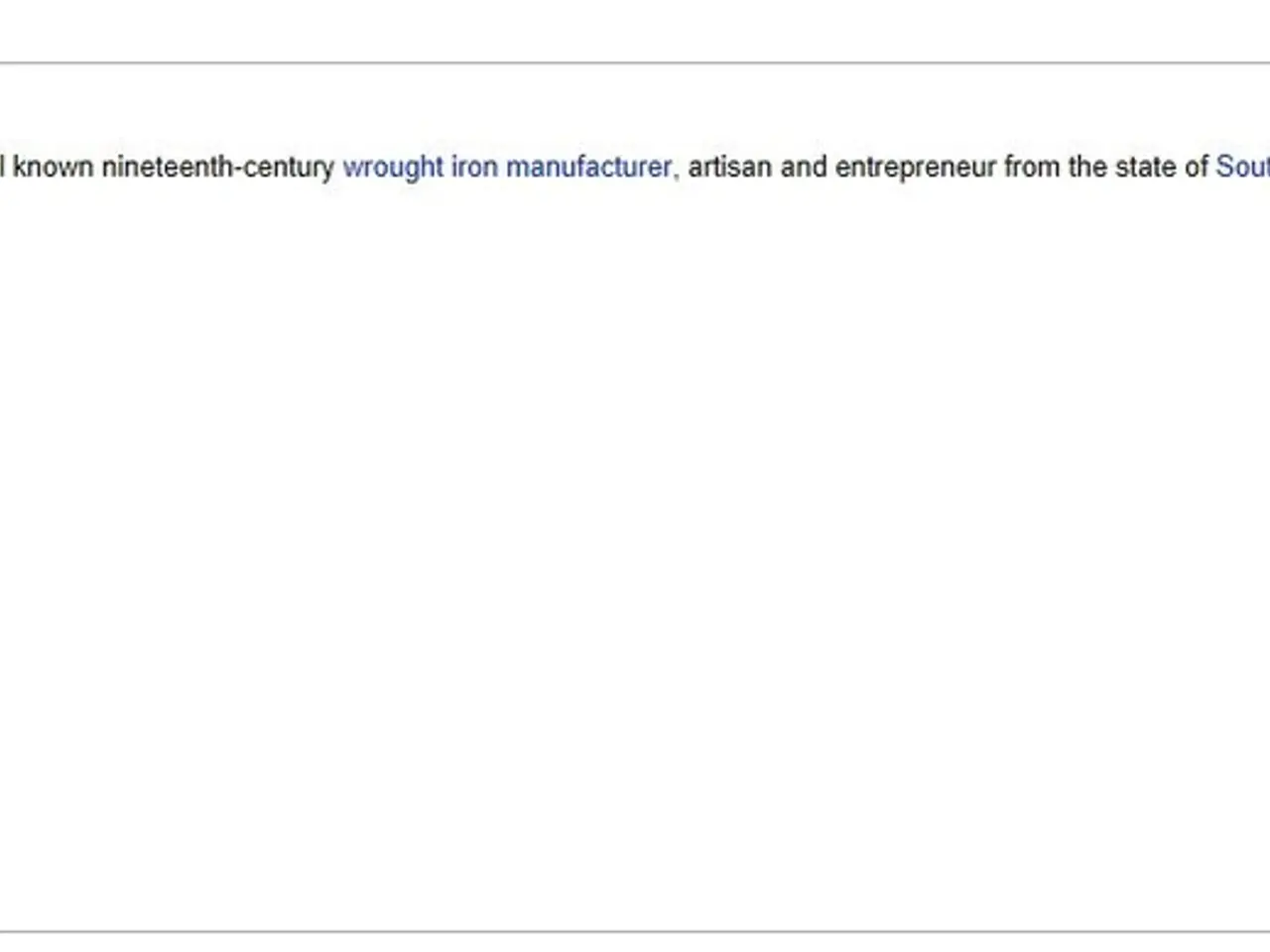Qatar and Egypt are advocating for a plan to set free all captives simultaneously
In the ongoing efforts to bring peace to the Gaza Strip, Egypt, Qatar, and the United States are working together to revive a 60-day Gaza ceasefire plan. This ambitious initiative aims to pave the way for a comprehensive agreement that includes the release of all remaining hostages, some Palestinian detainees, and unrestricted humanitarian aid flow to Gaza [1][4].
The proposed ceasefire is not the only point of discussion. A new framework for an agreement also includes the establishment of a temporary Arab-Palestinian government in Gaza, although the terms and conditions for this government remain undetermined [2].
Israel, led by Prime Minister Netanyahu, has a different perspective. The Israeli government insists that ending the war necessitates the dismantling of Hamas's military and governance in Gaza, and the establishment of an "alternative civil administration" that excludes both Hamas and the Palestinian Authority [3]. This stance complicates negotiations, as Israel's cabinet has approved a plan to fully occupy Gaza.
In parallel, Egypt, Qatar, and Turkey have drafted a proposal that envisions a transitional phase where Hamas would freeze its military activities under guarantees, aiming to contain violence while negotiating a broader deal [5]. However, Hamas remains firm that Israeli forces must stop offensive actions and withdraw from Gaza before agreeing to terms [2].
The latest development sees a Hamas delegation expected to arrive in Egypt to resume the stalled talks, while Israel is reportedly considering sending a high-level delegation to Doha to discuss a comprehensive agreement covering all issues, not just a partial deal [2][4].
It's important to note that the proposal does not require Hamas to relinquish control over Gaza, but rather to temporarily freeze its military activities. Hamas would continue to hold weapons, a point that could potentially be a source of contention [1].
Moreover, the proposal does not specify the terms or conditions for the temporary Arab-Palestinian government in Gaza. Qatar and Egypt are also advancing a proposal for the simultaneous release of all hostages, both living and deceased [1].
Despite the complexities and opposing viewpoints, negotiations continue amid significant political and military challenges. The proposed agreement faces hurdles, such as Israel's condition for complete demilitarization, a clause that could undermine the deal [1]. Additionally, the monitoring of reconstruction works is part of the proposed deal, and the new proposal aims to prevent "regional instability" if Israel fully occupies Gaza [1].
The Arab mediators are offering a framework for an agreement: the release of hostages, a ceasefire, and the establishment of an alternative government in Gaza. However, the path to peace remains fraught with challenges, and a definitive agreement has yet to be reached.
- The Arab-led negotiations involve not only the revival of a 60-day Gaza ceasefire, but also the establishment of a temporary Arab-Palestinian government in Gaza, which is a point of politics and general news.
- The proposed agreement, aside from the release of hostages and unrestricted humanitarian aid, also includes the freezing of Hamas's military activities and the monitoring of reconstruction works, making it a complicated matter of war-and-conflicts, politics, and general news.







